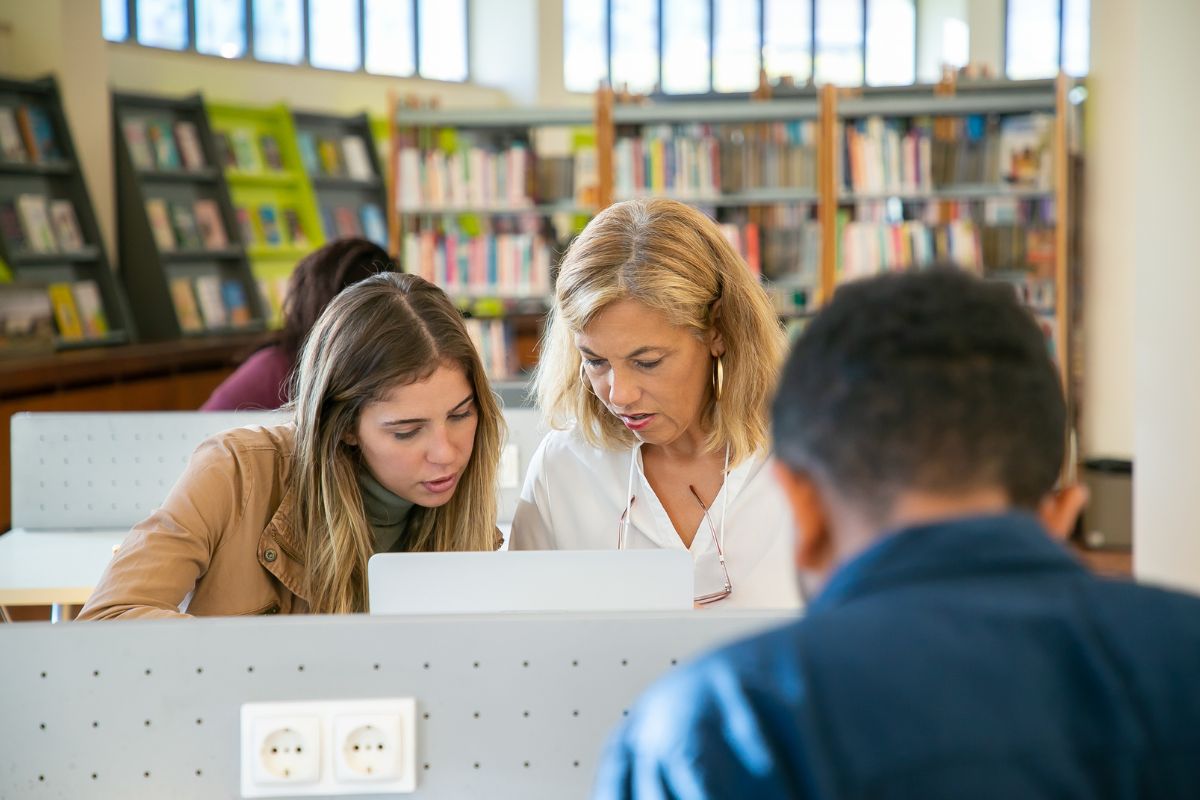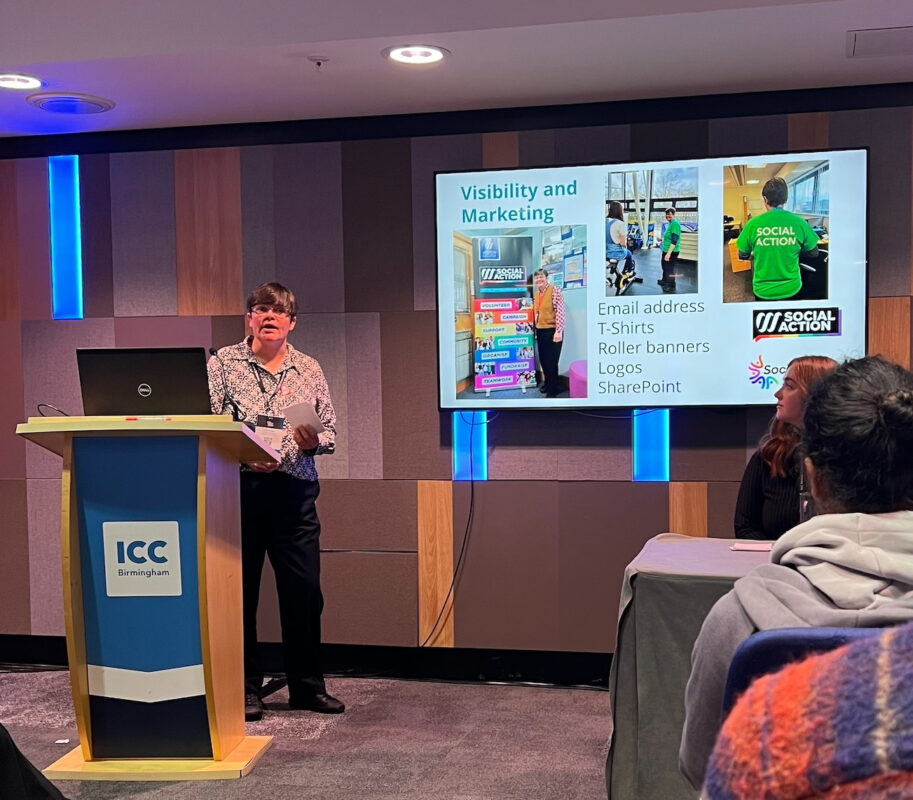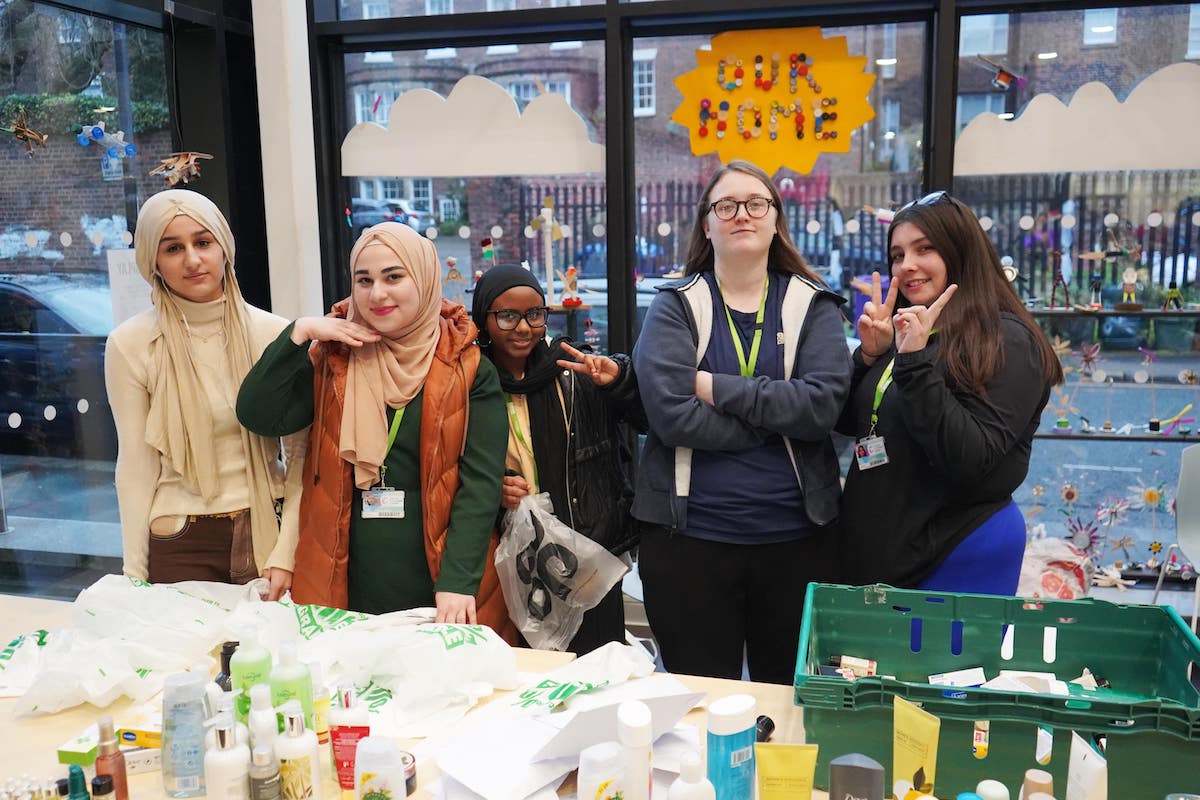A Citizens’ Curriculum for Wales?

In his speech to the Adult Learning Conference in 2022, the Minister for Education and the Welsh Language Jeremy Miles MS committed to positioning Wales as a second chance nation; where it’s never too late to learn.
Turning this laudable aspiration into a reality will require many irons in the fire and since the commitment was made Welsh Government has undertaken a number of activities to get us there including making lifelong learning a statutory function of the new Commission for Tertiary Education and Research (CTER) and developing key indicators to support adult learning within the programme for government.
But perhaps one of the more radical proposals is the piloting of a Citizens’ Curriculum for Wales. Learning and Work Institute has been tasked by the Minister, working with a wide range of partners, to test and develop a Citizens’ Curriculum – learning from our own work in other parts of the UK and on the recent reforms undertaken in the Curriculum for Wales in schools.
But what is a Citizens’ Curriculum?
It sounds like it should be a heavy tome, written with a quill feather or aimed at teachers, but in truth its actually really simple. The Citizens’ Curriculum is about giving people the capabilities, or tools to achieve their potential.
Citizenship can sound like an intimidating term, but when you think about it we all act as citizens every day without even realising it. Every sphere of our life is touched by it, be that where you work, cultural activities like going to watch the rugby on the weekend, joining a jewellery making class or complaining to your local councillor about traffic on your street. Every time you interact with other people, you’re doing it as a part of a bigger whole – as a citizen.
But unfortunately, not everyone has the same capability when it comes to fulfilling their potential. A person who doesn’t know how to use zoom for example might not be able to make a doctor’s appointment and their health might suffer as a result. Or someone being made redundant might not have the financial literacy to know what to do with their redundancy payment to secure their financial future.
The Citizens’ Curriculum has four identified capabilities; digital, health, financial and civic and I bet all of us on some level have weaknesses in these areas that stop us meeting our potential.
What does this have to do with learning?
So how does the Citizens’ Curriculum help overcome these individual challenges? Well, that’s where lifelong learning comes in – the magic sauce in the citizens’ curriculum soup. Our very own Raymond Williams gives us a great explanation of why lifelong learning works here in allowing us to deal with rapid changes around us in saying that lifelong learning:
- allows us to make sense of change – by acquiring information, ideas, knowledge and a critical and challenging mind;
- allows us to adapt to change – by making the most of it, capturing and applying knowledge;
- allows us to shape change – being authors of change rather than its victims, navigating risk and uncertainty.
A practical example: Natalie’s story
As an organisation we have the great privilege of organising the Inspire! Adult Learning Awards which recognise adult learners, who have overcome real adversity. One such story which illustrates the impact a Citizens’ Curriculum could have on a second chance nation is Natalie Lintern.
She won our Family Learning Award in 2019. After several abusive relationships and battling drug addiction, she was bringing up three young children on her own. In her own words; “life was miserable”. She became isolated, a lack of confidence, low self-esteem and anxiety made her feel unable to leave the house for six months.
Describing this period, she said: “That six months of my life was when I was at my lowest. Two of the children were at school and nursery so it was just me and my baby at home. I always looked after my kids, they were always fed and bathed but it was an existence, not a life. There was no routine, day was night and night was day.”
Natalie was supported by Flying Start and her children’s school’s Springboard family learning programme run by Learning Pembrokeshire. Family learning gave Natalie the confidence to complete a 12-week Recovery Toolkit for survivors of domestic violence delivered by Team Around the Family. Since then, she’s attended other Springboard family courses and two additional courses – an MPower programme for women with low self-esteem and a Primary Years Parenting programme.
Natalie’s life has changed significantly. She gets her children to school each day – both eldest children’s attendance has reached 100%. “It’s changed my life so much; I never even went out before. Now I can take my kids to school every day, I can do outside activities, take the bus to my mums, I can go shopping every day, I can do whatever I want, and we do it all as a family”.
She’s gone on to consider a career as a drug support worker. She said: “I want to help other people who may see themselves in my story. I want people going through problems to see how I turned things around. The support network I’ve had has been amazing and I’d urge people to ask for help. I’m excited about the future.”
Learning helped Natalie turn her life around and it had a positive impact on her children too. It allowed her to do the everyday things in life that makes us citizens – helping her and her family to meet their potential.
It’s not just what you do, it’s how you do it!
What makes the Citizens’ Curriculum truly different is the way it’s developed and taught. It’s not about some clever curriculum writers coming up with the topics they think students should learn. Rather, it’s about working with learners around what they want to learn and how they want to learn it.
This is what links it so strongly with the Curriculum for Wales that’s currently being rolled out in schools in that the emphasis is not on prescriptive, top-down learning but empowering the individual to meet their own potential through their own learning.
So what’s next?
We’ve worked with some excellent partners to develop 6 pilots focussing on a broad range of issues from health to global citizenship, to mid-life career reviews, to community focussed schools and lots of other things in between. We’re going to try new things and do it with learners. What we take from these experiments will give us food for thought on how a Citizens’ Curriculum for Wales could be rolled out and help to deliver the Minister’s initial ambition of a Wales that’s a second chance nation, where it’s never too late to learn.
By Joshua Miles, Director for Wales, Learning and Work Institute











Responses